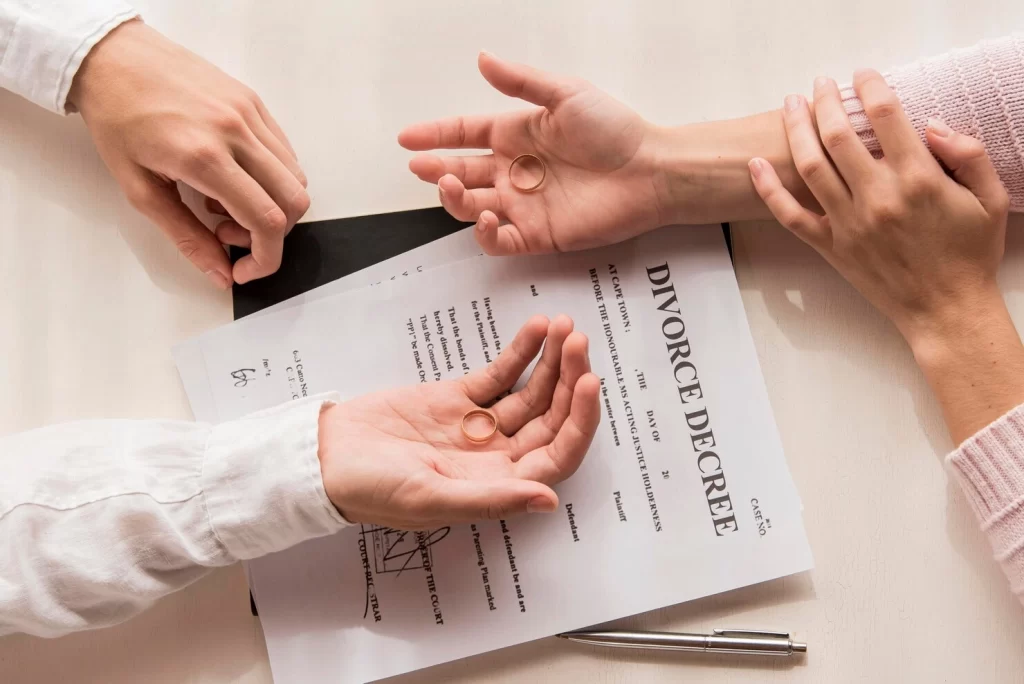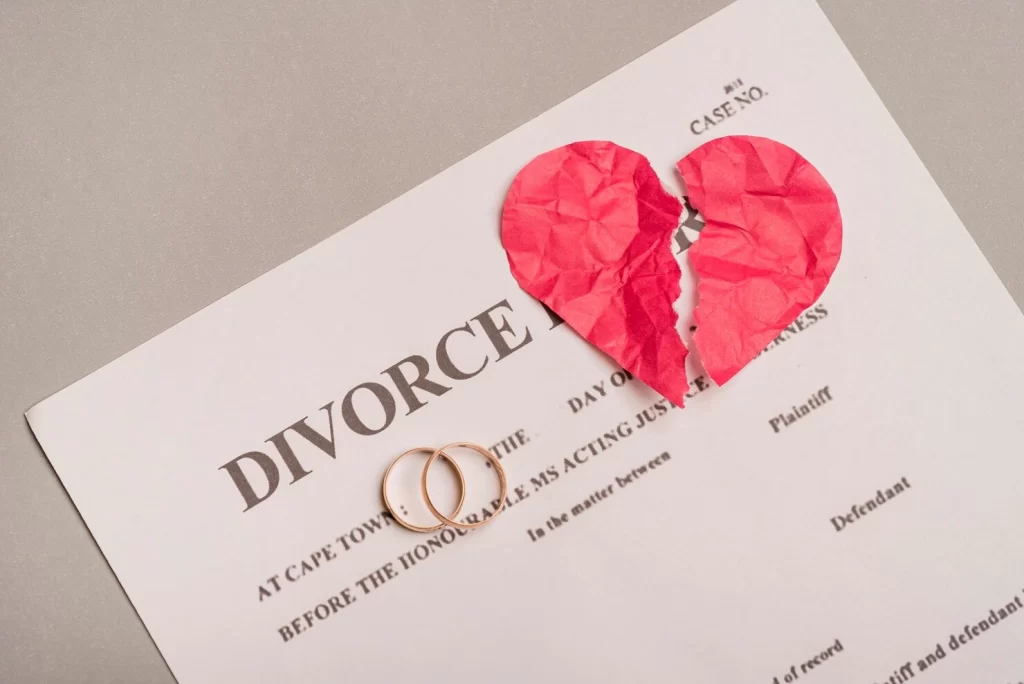Can a couple who never had a wedding go through a divorce? For many people, the answer comes as a surprise. In states that recognize common-law marriage, couples who lived together and presented themselves as married may need a formal divorce when they separate—just like traditionally married couples. But here’s the problem: many people don’t even realize they were in a common-law marriage until things fall apart.
According to recent census data, nearly 17 million Americans are cohabiting with a partner without a marriage license. In Texas, where common-law marriage is recognized, this can lead to serious legal consequences during a separation—especially when property, children, or shared debt is involved.
At Daniel Ogbeide Law, we understand the confusion and stress that comes with ending a relationship that wasn’t formalized through a ceremony or marriage certificate. But just because there wasn’t a wedding doesn’t mean there isn’t a legal marriage. That’s where our common-law divorce attorneys in Houston come in. Whether you’re facing a contested case with disputes over assets or need help understanding if your relationship qualifies as common-law, our firm brings experience, clarity, and affordability to your side.
In this article, we explain how common-law divorce works, how courts determine whether your relationship qualifies, what happens with property division, and the legal steps you need to take.
What Is a Common-Law Marriage?
A common-law marriage is legally recognized in certain states, including Texas, even if a couple never held a wedding or obtained a marriage license. To be considered married under common law, most states require that the couple:
- Lived together for a significant period of time
- Agreed to be married
- Represented themselves to others as a married couple (e.g., using the same last name, filing taxes together, sharing joint accounts)
Once these criteria are met, the marriage is legally valid—and that means a legal divorce is required to end it.
Is a Common-Law Divorce Different from a Traditional Divorce?

Yes and no. Legally, once a common-law marriage is proven, it must be dissolved in the same way as a licensed marriage. The legal process, though, can get complicated right at the beginning—proving that a common-law marriage existed.
A common-law divorce can become even more complicated in contested cases where one partner denies the marriage ever existed. This is where working with contested divorce attorneys becomes essential.
Proving the Marriage
To get a divorce under common law, the court first has to determine whether a marriage existed. Evidence used can include:
- Joint tax returns
- Mortgage or lease agreements with both names
- Health insurance or employment records listing one another as spouses
- Statements from friends, family, or colleagues
When disagreements arise, a contested divorce lawyer will help you gather and present strong documentation to support your claim or defense.
Property Division and Other Legal Matters
Once the court determines that a common-law marriage existed, the divorce process unfolds just like any other. This includes:
Property Division
Community property laws apply in Texas, meaning most assets and debts acquired during the relationship are divided equally. Even if you weren’t legally married by ceremony, courts treat common-law spouses the same in terms of financial rights and responsibilities.
Child Custody and Support
If you and your partner share children, child custody and support will be handled just as they are in any other divorce case. The court prioritizes the child’s best interests.
Spousal Support
Depending on the length of the relationship and each partner’s financial situation, spousal maintenance (alimony) may be considered.
Contested vs. Uncontested Common-Law Divorce Cases

If both parties agree on the terms of the separation—such as division of assets, custody, and whether a common-law marriage existed—the case can proceed as an uncontested divorce.
But if there’s disagreement on any of these points, particularly about the existence of the marriage, the case becomes contested. In these cases, having an experienced attorney on your side is critical to avoid unnecessary delays and ensure your rights are protected.
What You Need to Know Before Ending a Common-Law Relationship
Ending a long-term partnership—especially one where property and children are involved—requires careful planning. If you believe you were in a common-law marriage, here are key takeaways:
- You may need a formal divorce, even if there was no marriage license.
- Courts require proof of the relationship to recognize a common-law marriage.
- Property and parental rights are treated the same as traditional marriages.
- A contested case can quickly become complex without proper legal support.
Think You Might Be in a Common-Law Marriage? Don’t Wait Until It’s Too Late
Are you unsure whether your relationship qualifies as a common-law marriage? Or are you ready to move forward with separation but don’t know where to start? You’re not alone—and you don’t have to face this alone.
At Daniel Ogbeide Law, we help individuals just like you understand their legal rights and obligations when ending a common-law marriage. Whether you’re dealing with a contested divorce or want to resolve things quickly in an uncontested case, our affordable divorce attorneys in Houston bring clarity, compassion, and strategy to every case. Our team of common-law divorce attorneys has successfully handled both straightforward and complex divorces across Texas.
Call us at 832-321-7005 to schedule your consultation with a contested divorce attorney in Houston who understands the unique challenges of common-law separation—and who’s ready to help you move forward with confidence.




















